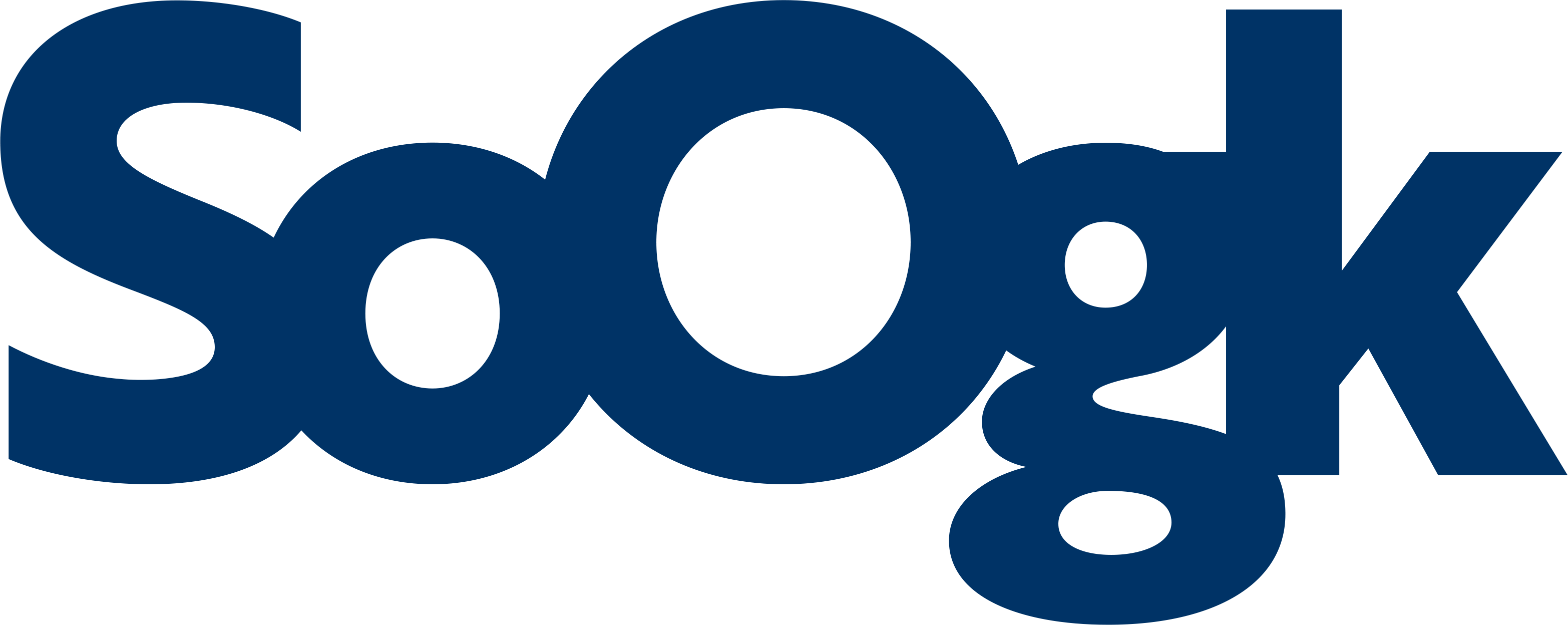As Saudi Arabia’s economy diversifies and its Vision 2030 initiatives drive urbanization and tourism, the demand for both residential apartments and hotel accommodations is on the rise. Understanding where this demand is concentrated, and how it differs regionally, can provide a significant advantage for startups looking to tap into the housing and hospitality sectors. Based on recent data, here’s a breakdown of regions with high demand potential, offering valuable insights for founders and investors looking to make impactful and strategic decisions.
1. Riyadh: A Growing Hub for Long-Term Housing
Riyadh, the capital city, shows substantial demand for residential apartments. With over 1,300 apartment units spanning various grades, Riyadh’s housing demand is propelled by population growth and increasing migration for work and education. Notably, there is a high presence of third-grade and unclassified apartments, indicating a strong need for affordable housing solutions to cater to a broad demographic, including students, young professionals, and low-to-middle-income families.
Opportunities for Startups:
- Affordable Housing Solutions: Startups can explore developing affordable, community-focused housing options, such as co-living spaces or modular, budget-friendly apartments.
- Property Management Tech: With a large volume of residential units, there is a growing need for property management tools to help landlords streamline tenant management, maintenance, and payments, which could reduce operational friction.
2. Makkah: Serving Pilgrimage and Residential Needs
Makkah stands out with a high concentration of both apartment and hotel units. As a key destination for millions of pilgrims each year, Makkah’s hospitality demand remains consistent, and there is a particular opportunity for budget and mid-tier hotels to accommodate a wide range of visitors. The data shows over 1,100 apartments, with many in lower-grade or unclassified categories, suggesting the need for both affordable housing and accommodation solutions.
Opportunities for Startups:
- Budget-Friendly Hotels: Launching mid-tier or budget-friendly hotels can cater to pilgrims who visit frequently and seek economical yet comfortable accommodations.
- Short-Term Rental Platforms: Pilgrimage seasons see a surge in short-term rental demand. A startup focusing on short-term rentals, with flexible booking and local support, could help residents and visitors alike find accommodations during peak seasons.
3. Eastern Province (Al Sharqiya): Mixed Demand with Room for Growth
The Eastern Province, including cities like Dammam and Al Khobar, shows balanced demand for both hotels and apartments. With significant economic activity driven by the oil and gas sector, this region has a growing expatriate and professional population, creating steady demand for both long-term and short-term housing solutions. However, hotel options remain relatively low, providing an opportunity for hospitality development.
Opportunities for Startups:
- Extended-Stay and Business Hotels: Startups can tap into the need for high-quality business hotels or extended-stay accommodations that cater to visiting professionals and expatriates.
- Smart Housing Solutions: As housing demand rises, there is an opportunity for startups offering tech-enabled solutions, such as IoT-based home automation for energy efficiency and convenience, which could appeal to a more transient and tech-savvy professional demographic.
4. Asir Region (Abha): Seasonal Tourism Meets Residential Demand
The Asir region, known for its cooler climate and natural beauty, attracts domestic tourists, especially in the summer. The data reveals a concentration of third-grade apartments and lower hotel counts, suggesting that the region could benefit from more varied accommodations to cater to seasonal demand.
Opportunities for Startups:
- Eco-Friendly Boutique Hotels: Startups could develop boutique hotels or eco-lodges that align with the region’s natural appeal, targeting tourists seeking unique, sustainable experiences.
- Vacation Rental Marketplaces: A platform that allows locals to rent their homes to tourists seasonally could provide an influx of affordable, home-like accommodations, especially during the summer.
5. Tabuk: High Potential Linked to NEOM and Future Projects
Tabuk is on the radar for its strategic location near the Red Sea and the upcoming NEOM project. Though current data shows limited housing and hotel units, the expected influx of residents and visitors due to NEOM’s development suggests a future surge in demand for both apartments and hotels.
Opportunities for Startups:
- Future-Forward Housing Solutions: Startups can look into prefabricated and modular housing solutions that can be quickly deployed to meet the anticipated housing demand for NEOM workers and visitors.
- Luxury and Business Hotels: Given NEOM’s aim to attract international professionals and investors, luxury hotels, and business-oriented accommodations will be valuable additions to the region’s hospitality offerings.
6. Qassim: An Underrepresented Region with Potential for Affordable Housing
Qassim shows lower counts in both hotels and apartments but experiences seasonal population spikes during agricultural festivals and cultural events. With a significant unclassified apartment stock, Qassim presents an opportunity for affordable housing projects that can cater to locals and visitors.
Opportunities for Startups:
- Low-Cost Residential Development: Startups focusing on low-cost residential development could help address housing gaps for local residents.
- Event-Based Accommodation Solutions: Seasonal events bring an influx of visitors, so creating pop-up hotels or short-term rental options could provide flexible housing during peak times.
Leveraging Data for Strategic Planning
For startup founders, this data-driven analysis of regional demand trends offers insights into where the housing and hospitality market is heading in Saudi Arabia. Each region has unique demands shaped by local economic activities, seasonal tourism, and cultural significance. By aligning their business strategies with these trends, startups can capitalize on unmet needs and ensure their services or products are relevant and impactful.
In summary:
- Riyadh, Makkah, and the Eastern Province stand out as high-demand regions where startups can explore a mix of affordable housing, property management, and business accommodation solutions.
- Emerging regions like Tabuk and Asir hold significant potential for future-focused and sustainable accommodations due to upcoming projects and seasonal tourism.
- Underrepresented areas like Qassim reveal opportunities for affordable housing and event-focused rental options.
This data serves as a foundation for startups to make informed decisions, helping them identify where to enter the market, what solutions to offer, and how to align with the Kingdom’s Vision 2030. By strategically targeting these regions, startups have the potential to play a pivotal role in Saudi Arabia’s housing and hospitality landscape, bridging gaps in accommodation and meeting the needs of a diverse, evolving population.










